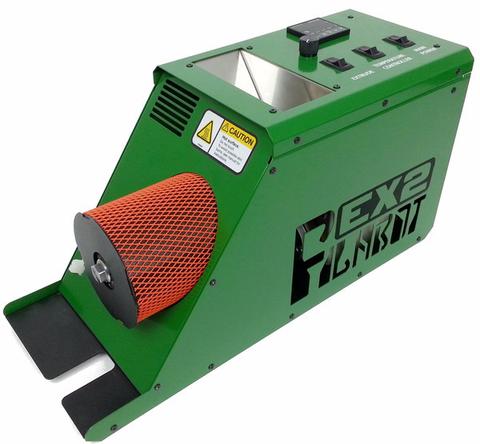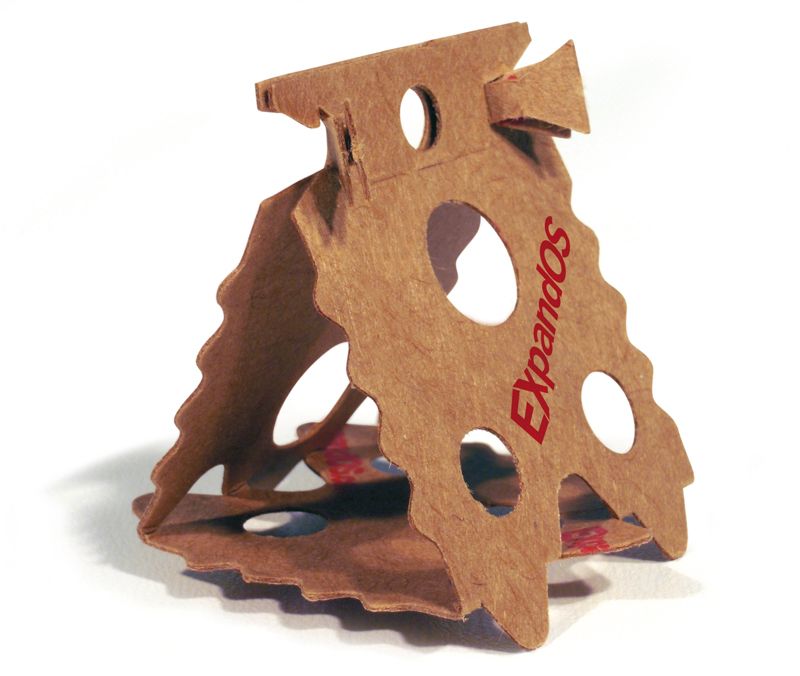With Earth Day just around the corner, we’re examining trends in recycling in the 3D additive manufacturing industry and sharing what ProtoCAM is doing to help make the world a greener place!
The 3D printing world is still in the process of developing methods to better cater to the environment by recycling used and excess material. Some materials, like ABS, are not biodegradable, nor compostable, and thus must be recycled. There are several systems (like the Filabot, or ProtoCycler) out there that can recycle old filament or even recycled plastic bottles and other refuse into new filament for use in 3D printing. By this process, the used material is ground down, melted, and re-extruded into new filament.
Recycling filament isn’t a perfect process, as the created filament can degrade and as a result be imperfect or weaker with repeated recycling, but methods are getting better all the time. Innovative individuals are utilizing leftover or failed prints in other ways by grinding down old material and forming new solutions in other areas. Scientists have even discovered and further developed bacteria that can break down plastic into its base parts, which could eventually be the ultimate solution to excess leftover material from 3D printing.
Here at ProtoCAM, we’re always looking for ways to better help our environment by utilizing recycling and responsibly disposing of those materials which aren’t recyclable.
We use ExpandOS, a loose fill packing material, in packaging our products to send out to customers. Expandos are made from post-industrial waste (excess material from the beverage carton manufacturing process) and are indefinitely reusable and recyclable after use.
We exercise responsible disposal of excess materials used in the PolyJet printing process by returning empty resin cartridges and spools and having a certified waste disposal provider remove uncured, liquid Polyjet model materials from our facility and properly dispose of them.
Our newest printing technology, Multi Jet Fusion, utilizes recycling directly within the printer system; used but unfused powder is recycled and reused. As it is pulled through the system, the used powder merges with fresh powder, blending to produce a 20% new material to 80% recycled material product that is utilized in every subsequent build.
As we continue to look to how we can better improve our practices and help to create a healthier environment in the future, we also regularly recycle plastic bottles, aluminum cans, and other recyclable food materials around the office. At our regular Safety Committee meetings, we’re always looking for ways to better recycle the materials we use every day, as we’re aware of the impact of our manufacturing processes on the environment. We’re also working towards ISO 14001 certification, in which we are required to create an effective environmental management system and be responsible stewards of the environment everyday within our facility.
As we continue to work towards creating more sustainable solutions through recycling leftover materials from our 3D printing systems, we remain always aware of our impact on the environment as a manufacturer. Here’s to a greener tomorrow!


